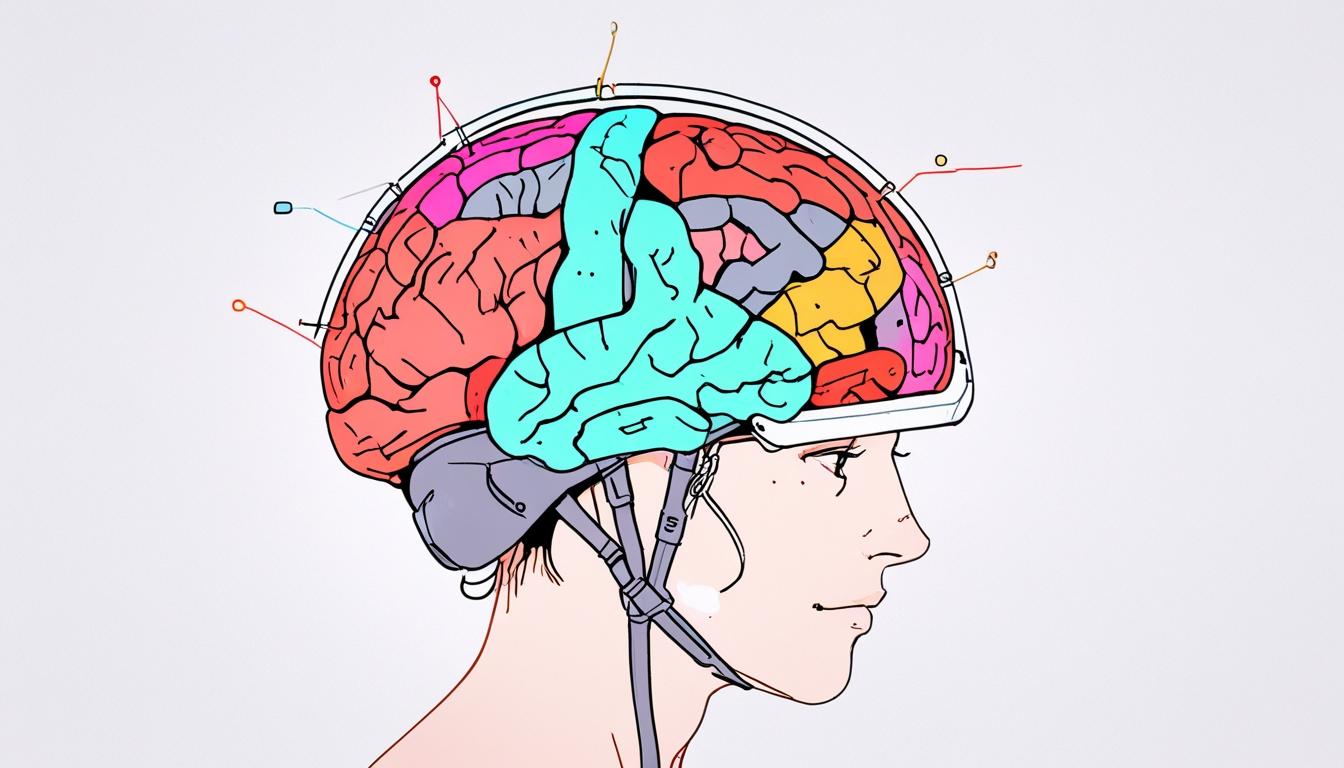As consumer neurotechnology advances rapidly, questions around privacy, intellectual property, medical regulation, and evidentiary use are emerging in Canada. McMillan LLP’s recent analysis highlights the legal complexities and calls for careful monitoring of evolving regulations.
The rapid advancement and proliferation of neurotechnology, or “neurotech,” in consumer applications has raised a range of legal questions concerning privacy, intellectual property, medical regulation, and evidentiary matters, according to a recent analysis from McMillan LLP. Neurotech encompasses technologies that record, analyse, or influence the neurons in the human nervous system, divided broadly into three categories: neuroimaging (monitoring brain structure and function), neuromodulation (influencing brain function), and brain-computer interfaces (BCIs), which enable direct communication between brain activity and external devices.
Traditionally, neurotech has seen extensive use in medical and research contexts, such as electroencephalography (EEG), magnetic resonance imaging (MRI), positron emission tomography (PET), deep brain stimulation for diseases like Parkinson’s, and cochlear implants. However, consumer applications are now expanding rapidly, facilitated by less intrusive devices and artificial intelligence innovations. For example, last year, students from McGill University developed a mind-controlled wheelchair within a month, while neuroscience projects like Meta’s Brain2Qwerty aim to translate brain activity into text. Neuralink, the company founded by Elon Musk, is conducting clinical trials in Canada involving a wireless brain implant that can be controlled remotely, a device that has demonstrated control of video games by a monkey’s mind in previous demonstrations.
From a legal standpoint, neurotech products face regulatory oversight in Canada primarily through Health Canada. Devices intended for medical use are regulated under the Food and Drugs Act, which defines a “device” broadly to include instruments used for diagnostic or therapeutic purposes. Such devices are categorised into four risk levels with stricter requirements for higher-risk, more invasive implants or those requiring external power. For instance, Health Canada has already granted medical device licences for certain neurotech products such as earbuds and caps used for health monitoring. Meanwhile, consumer neurotech products, including those for entertainment or productivity, fall under the Canada Consumer Product Safety Act (CCPSA), which prohibits products posing dangers to human health or safety. Such legislation also mandates recalls for devices presenting injury risks.
Privacy and data protection issues are especially prominent given that neurotech often involves the collection and processing of neural data — raw brain data and information derived from it. This neural data is likely considered sensitive personal information under Canadian privacy laws, bringing heightened consent and data protection obligations. Regulators are expected to scrutinise the use of neural data closely, requiring explicit consent and proportionate need for its processing. The emerging risks include potential misuse for profiling, manipulation, or blackmail, especially as developments in artificial intelligence enhance the interpretative capabilities of these technologies. Additionally, neural data may qualify as biometric information, further increasing regulatory demands, including under Quebec’s legal framework for information technology.
Intellectual property (IP) issues also arise with neurotech’s evolving capabilities. As the technology advances towards interpreting complex subconscious data such as dreams or emotions, questions of ownership and rights emerge. For example, ownership of summaries or creative outputs generated by neurotech—such as artwork or music based on subconscious thought patterns—are unclear. The individual whose brain data is processed might claim ownership, but so might the technology provider responsible for data transformation. This ambiguity parallels broader debates on AI-generated creations and their copyright status. Furthermore, neurotech raises concerns about unintended disclosure of confidential information; sensitive corporate secrets stored subconsciously could inadvertently be leaked if brain data is compromised, presenting new challenges for confidentiality protections within businesses.
In legal proceedings, the prospect of using neural data as evidence introduces further complexity. While this technology could provide insights into an individual’s memory or mental state, its admissibility remains uncertain. Canadian courts have historically rejected polygraph tests as evidence on grounds including unreliability and procedural rules. Similarly, neurotech evidence would likely face rigorous scrutiny concerning scientific validity and necessity. Moreover, reliance on neural data to assess character traits raises significant human rights considerations related to profiling based on characteristics beyond an individual’s control.
Given these novel and multifaceted concerns, there is discussion over whether Canada should establish a dedicated legal framework tailored to neurotech. While current laws cover many issues, some experts suggest gaps exist. This situation mirrors debates on the need for AI-specific legislation. Internationally, some jurisdictions have begun enacting neurotech-specific protections: Chile has enshrined neuro-rights such as mental privacy and free will in its constitution, and in 2024, the US states of Colorado and California introduced laws safeguarding privacy regarding brain data.
The analysis concludes that consumer neurotechnology is developing swiftly, expanding its applications and attendant legal risks. McMillan LLP highlights the importance of ongoing monitoring to navigate the evolving regulatory and legal landscape relevant to neurotechnology in Canada. The firm also emphasises that their overview does not constitute legal advice and recommends obtaining specific legal counsel for decision-making related to this field.
Source: Noah Wire Services
- https://www.mondaq.com/canada/healthcare/1614212/who-owns-a-thought-navigating-legal-issues-in-neurotech – This article highlights legal considerations for neurotech, including privacy, data protection, intellectual property, and laws of evidence, which aligns with the discussions on the regulatory challenges and data protection issues raised by neurotechnology.
- https://www.clio.com/blog/neurotechnology-law/ – This blog post explores the implications of neurotechnology on various legal areas such as criminal law, consumer law, and privacy, mirroring the article’s concerns about neurotech applications and legal frameworks.
- https://www.dlapiper.com/insights/publications/2025/03/ethical-and-legal-challenges-of-neurotech – This publication addresses the ethical and legal challenges posed by brain-computer interfaces (BCIs), including health risks and privacy concerns, which are central to discussions on consumer neurotech and its legal oversight.
- https://www.embopress.org/doi/10.1038/s44319-024-00129-2 – The article proposes a regulatory strategy to mitigate harmful uses of neurotechnology, resonating with the need for effective legal frameworks to manage the risks associated with neurotech advancements.
- https://www.lsj.com.au/articles/should-lawyers-care-about-neurotechnology/ – This article highlights the potential impact of neurotechnology on consumer law, emphasizing how it can manipulate consumer choices and create legal challenges, similar to concerns raised about data privacy and misuse in neurotech applications.
Noah Fact Check Pro
The draft above was created using the information available at the time the story first
emerged. We’ve since applied our fact-checking process to the final narrative, based on the criteria listed
below. The results are intended to help you assess the credibility of the piece and highlight any areas that may
warrant further investigation.
Freshness check
Score:
8
Notes:
The narrative discusses current and ongoing developments in neurotechnology, referencing events from as recently as 2024, such as US state laws introduced in 2024 and ongoing clinical trials by Neuralink in Canada. There are no indications that the information is recycled or outdated, though some examples like the McGill University wheelchair project from last year are relatively recent but not brand new. The content does not appear to be a press release but rather a secondary analysis from McMillan LLP, which typically warrants a good freshness rating.
Quotes check
Score:
9
Notes:
There are no direct quotes attributed to specific individuals or dated primary sources in the narrative. The statements about McMillan LLP’s analysis and references to entities like Neuralink and Meta serve as cited information, but no verbatim quotations are present to verify. This absence suggests original summarisation rather than repetition of quoted material, thus increasing the score.
Source reliability
Score:
8
Notes:
The information originates from McMillan LLP, a reputable Canadian law firm known for its expertise in legal matters, which lends credibility to the legal analysis presented. The narrative also references known companies and regulatory bodies like Health Canada and US states, adding to its reliability. However, as the source is a law firm analysis rather than an established news organisation, there is some limitation in independent journalistic verification.
Plausability check
Score:
9
Notes:
The claims are plausible, reflecting widely reported trends in neurotechnology development and regulation, including current clinical trials, consumer product classifications, and emerging privacy and intellectual property issues. The article’s speculation on legal gaps and parallels with AI legislation aligns with ongoing debates internationally. Although some developments like the legal rights around subconscious data remain unsettled, the narrative responsibly notes uncertainties without overstatement.
Overall assessment
Verdict (FAIL, OPEN, PASS): PASS
Confidence (LOW, MEDIUM, HIGH): HIGH
Summary:
The narrative provides a timely, plausible, and well-grounded overview of evolving legal challenges in consumer neurotechnology in Canada, supported by recent references and credible legal expertise from McMillan LLP. The absence of direct quotes limits verifiability of sourced statements but does not detract from the authoritative and current nature of the content. No indications of recycled or outdated information were found.













